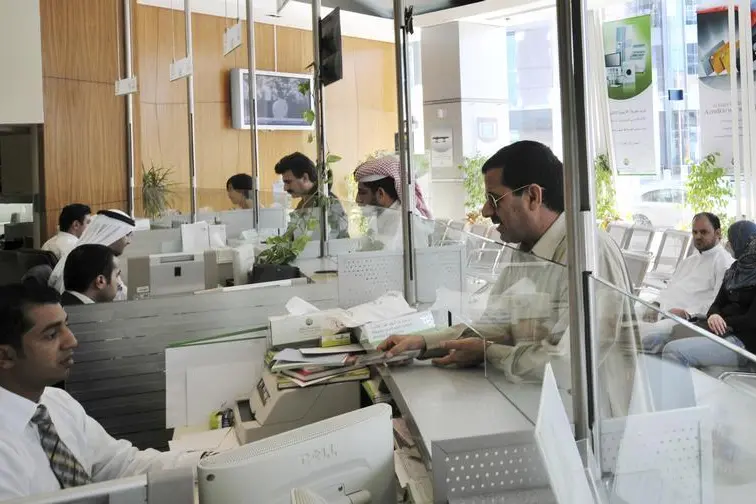PHOTO
By Bernardo Vizcaino and Davide Barbuscia
DUBAI/SYDNEY, June 21 (Reuters) - Dubai's ambitions to become a global hub for Islamic finance may have been dented by the decision of Dana Gas
Building on its success in conventional banking, Dubai announced in 2013 a drive to promote sharia-compliant business in the financial industry and other sectors.
The city state wants to become a centre for sukuk issuance, challenging the global dominance of Malaysia, as well as a centre for other Islamic financial transactions and Islamic finance scholarship.
These goals could become harder to achieve if the Dana Gas case is not resolved in a way that reassures a broad spectrum of investors that the United Arab Emirates' sukuk market is safe.
The UAE company is arguing that since its sukuk were issued in 2013, they have become invalid under UAE law "due to the evolution and continual development of Islamic financial instruments and their interpretation".
Some investors fear this approach could make sukuk in general more risky, by allowing issuers to avoid honouring their obligations simply by claiming religious standards had changed.
Mohieddine Kronfol, chief investment officer for Middle East fixed income at Franklin Templeton Investments, said the global sukuk market could weather the storm as it has over $400 billion of outstanding paper from diverse issuers.
But Dubai's market may not be so fortunate, he said.
"This case, depending on the outcome from the competent courts of the UAE, may very well put into question Dubai's ambition," said Kronfol, whose firm has over $744 billion in assets under management around the world.
Hasnain Malik, head of global equities research at Exotix Partners in Dubai, said that if Dana ended up setting a precedent, it could affect future deals and deter foreign buyers of Islamic debt. "New sukuk sales might be delayed until this situation unfolds."
The Dubai Islamic Economy Development Centre, a government body which promotes the emirate's initiatives in the sector, declined to comment.
Last month, it announced plans to develop a national Islamic re-insurance company and a central advisory body that would streamline provision of sharia review services to Islamic financial institutions in the UAE.
COURT
Dana says it wants a consensual agreement with creditors to exchange its existing sukuk for new, four-year Islamic instruments offering much lower profit rates. If creditors can ultimately agree on a deal, the controversy may die down.
Otherwise, it is likely to be settled in the courts. According to the prospectus, Dana's sukuk are governed by English law.
But the gas production assets behind the sukuk fall under UAE law, and Dana has involved the UAE court system by asking the Federal Court of First Instance in the emirate of Sharjah to rule the instruments are unlawful and unenforceable.
Pending an initial hearing on the application scheduled for Dec. 25 - well after the sukuk are due to mature in October - Dana has obtained an injunction from the Sharjah court blocking claims for payments on the paper, the company said.
This is alarming for international holders of the sukuk, which include major global fund managers. Instead of being treated as a default under English common law, the case revolves around the actual legality of the contracts under UAE law, which is based on civil law and is unfamiliar to many of them.
"Trying to pursue this in UAE courts sets a very poor precedent for UAE sukuk - it's damaging to the prospect of other issuances coming out of UAE going forward," said a fund manager directly involved with Dana as both shareholder and creditor.
A London-based banker following the case said much would depend on whether the UAE court proceeded with the case or set aside the argument of sharia non-compliance, which could send the case back to English courts.
That would mirror decisions from previous legal cases where English courts have disregarded sharia compliance, treating disputes purely according to the terms of the transaction, he said.
"If the UAE courts do not recognise this, then it could be the end of UAE-based Islamic finance," because investors would face an additional level of sharia-related risk every time they bought sukuk, he added.
(Editing by Andrew Torchia/Jeremy Gaunt) ((Bernardo.Vizcaino@thomsonreuters.com; Telf: +61293218168; Reuters Messaging: bernardo.vizcaino.thomsonreuters.com@reuters.net))





















